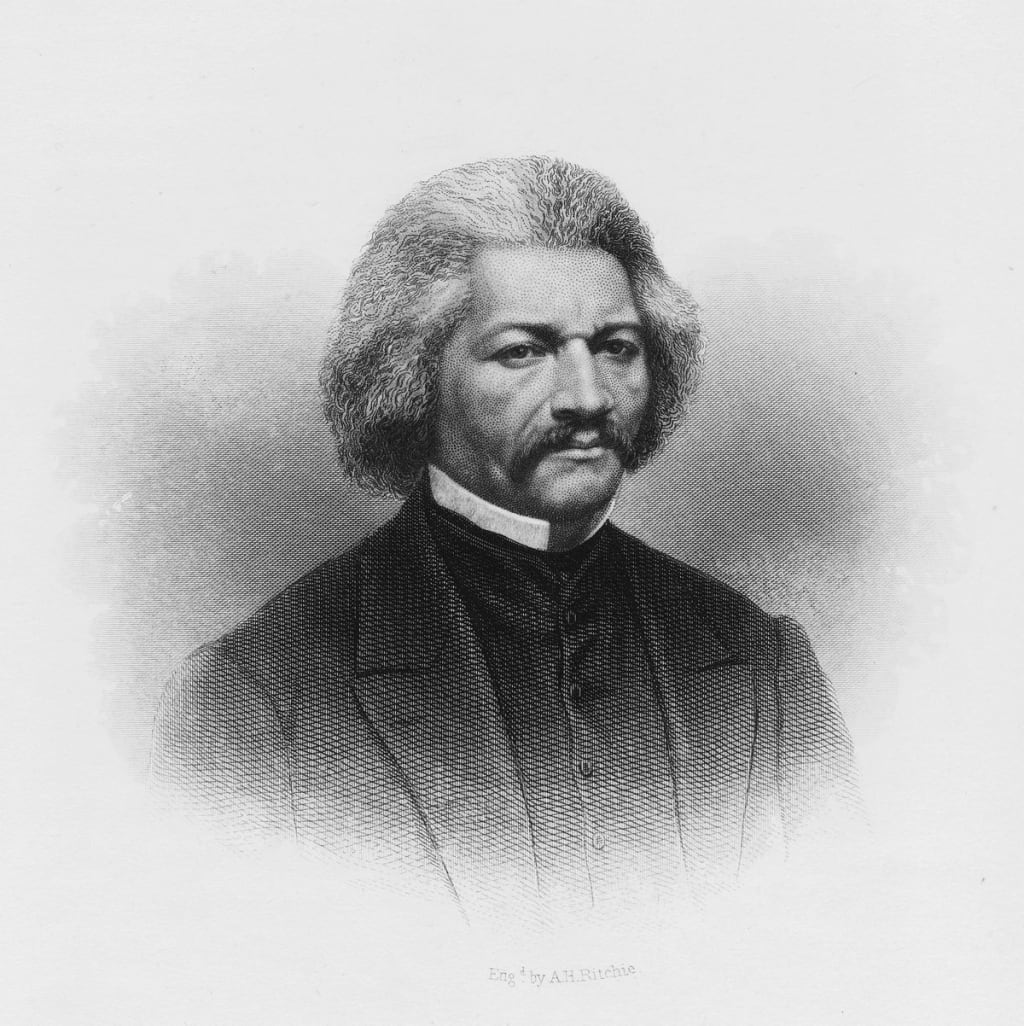Frederick Douglass: From Slave to Abolitionist Leader
The Incredible Journey of Frederick Douglass: From Slave to Abolitionist Icon

Frederick Douglass was born into slavery in Maryland in 1818, but escaped to freedom and became one of the most prominent anti-slavery activists and civil rights leaders in American history. His journey from slave to respected orator, author and statesman is an inspiring story of courage, perseverance and dedication to the cause of liberty and equality.
Early Life in Slavery
Frederick Augustus Washington Bailey (later known as Frederick Douglass) was born on Maryland's Eastern Shore to an enslaved mother and unknown white father, likely his mother's master. He lived with his maternal grandmother Betsy Bailey, also a slave, after being separated from his mother shortly after birth. At age 6, he was sent to work on a plantation about 12 miles from his grandmother's.
Douglass endured terrible cruelty and deprivation as a slave. He was given very little to eat, slept on the floor and suffered whippings so brutal that the wounds did not have time to heal before the next beating. He later wrote, "from the rising till the going down of the sun, I was kept hard at work, with barely enough time to eat or sleep."
Self-Education and Escape
Despite laws against teaching slaves to read and write, Douglass taught himself using old dictionaries and spelling books. At age 12, his master's wife Sophia started secretly teaching him the alphabet until her husband put a stop to it. Douglass understood then that literacy was his path to freedom. He practiced reading and speaking proper English in secret.
After failed escape attempts, Douglass finally succeeded in escaping to the North in 1838 at age 20. He took a train to Havre de Grace, Maryland then continued by steamboat to New York. Shortly after, he married Anna Murray, a free black woman from Maryland who provided money and clothes for his escape. They settled in New Bedford, Massachusetts and adopted the surname 'Douglass' from a poem.
Abolitionist Leader
In 1841, Douglass gave a speech at an anti-slavery convention on Nantucket Island. He so impressed William Lloyd Garrison, publisher of The Liberator abolitionist newspaper, that Garrison hired him as a lecturer for the American Anti-Slavery Society. Douglass traveled giving speeches on slavery and his experiences. He drew criticism from some who doubted his story, so Douglass published an autobiography in 1845, Narrative of the Life of Frederick Douglass. It became a bestseller.
Fearing recapture by his former master, Douglass traveled to Ireland and Britain in 1845-47 to speak on abolition. British supporters purchased his freedom so he could return to America a free man. In 1847 Douglass moved to Rochester, NY and began publishing his own newspaper The North Star, speaking out for abolition and women's rights. He provided lodging for fugitive slaves as a station master for the Underground Railroad.
During the Civil War, Douglass lobbied President Lincoln to allow African Americans to serve in the Union army. Lincoln credited him with changing his mind to permit black troops, and Douglass helped recruit soldiers. After the war, Douglass continued advocating for full civil rights for freed slaves during Reconstruction. He was appointed to several political positions including Minister to Haiti.
Final Years and Legacy
Douglass published revised autobiographies in 1855 and 1881 which described his life as a reformer and statesman following his escape from slavery. In his final years, he advocated for women's suffrage and against lynching. He died of a heart attack in 1895 after attending a women's rights meeting.
Frederick Douglass rose from slavery to become one of the foremost leaders in the abolitionist and early civil rights movements. Through decades of anti-slavery activism, writing and public speaking, Douglass exposed the horrors of slavery and challenged the prejudices of his time. He famously said, "Once you learn to read, you will be forever free." His life story continues to inspire people struggling against injustice today. Douglass left an enduring legacy as an unflinching voice for human rights.
About the Creator
KWAO LEARNER WINFRED
History is my passion. Ever since I was a child, I've been fascinated by the stories of the past. I eagerly soaked up tales of ancient civilizations, heroic adventures.






Comments (1)
Fantastic! Great work!